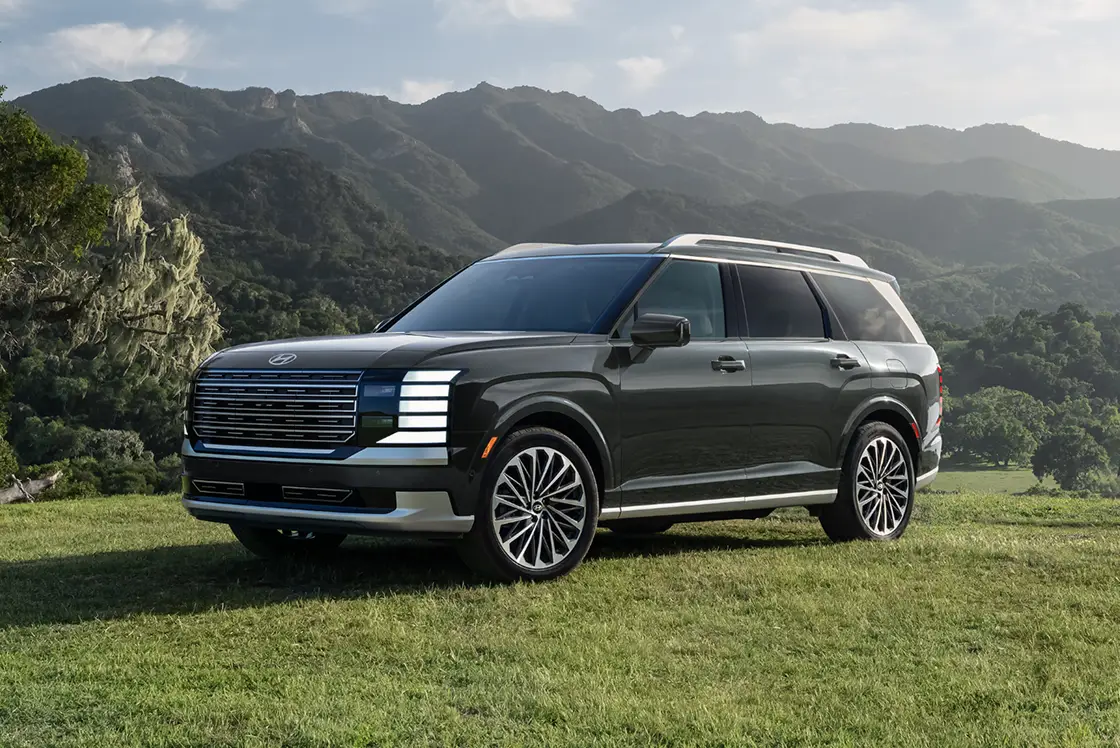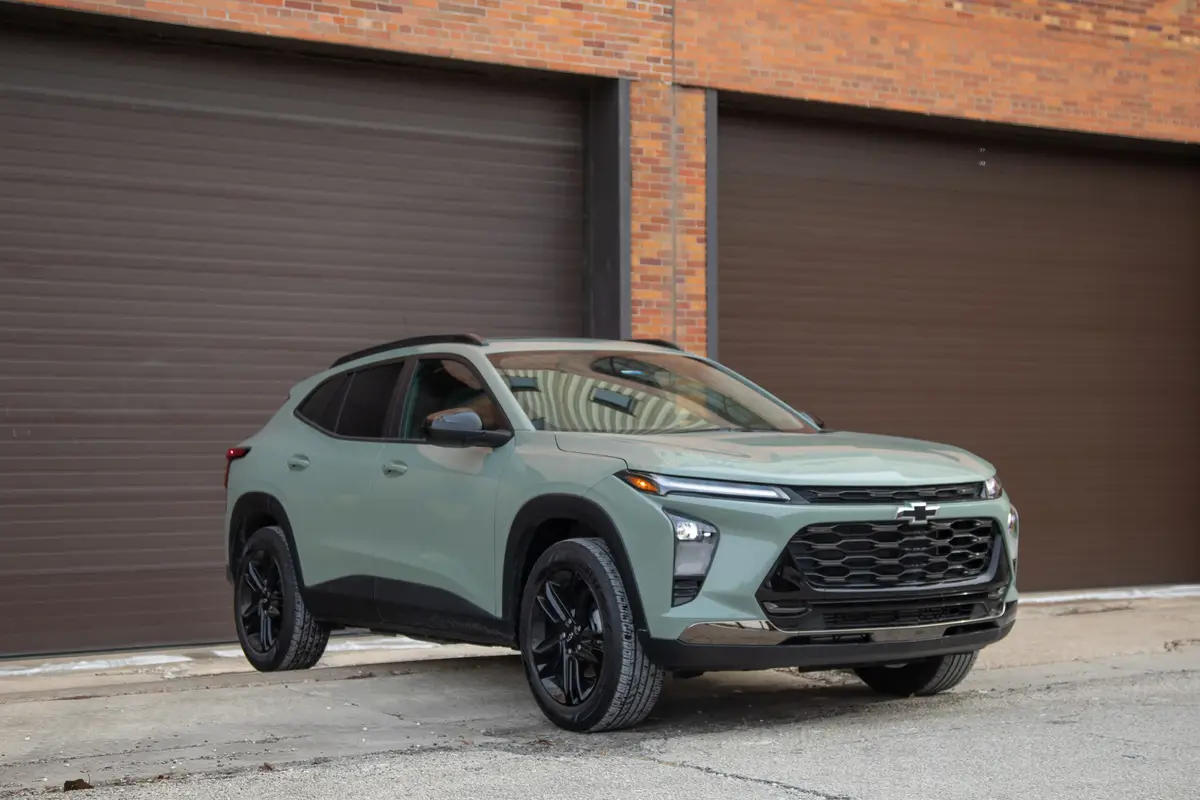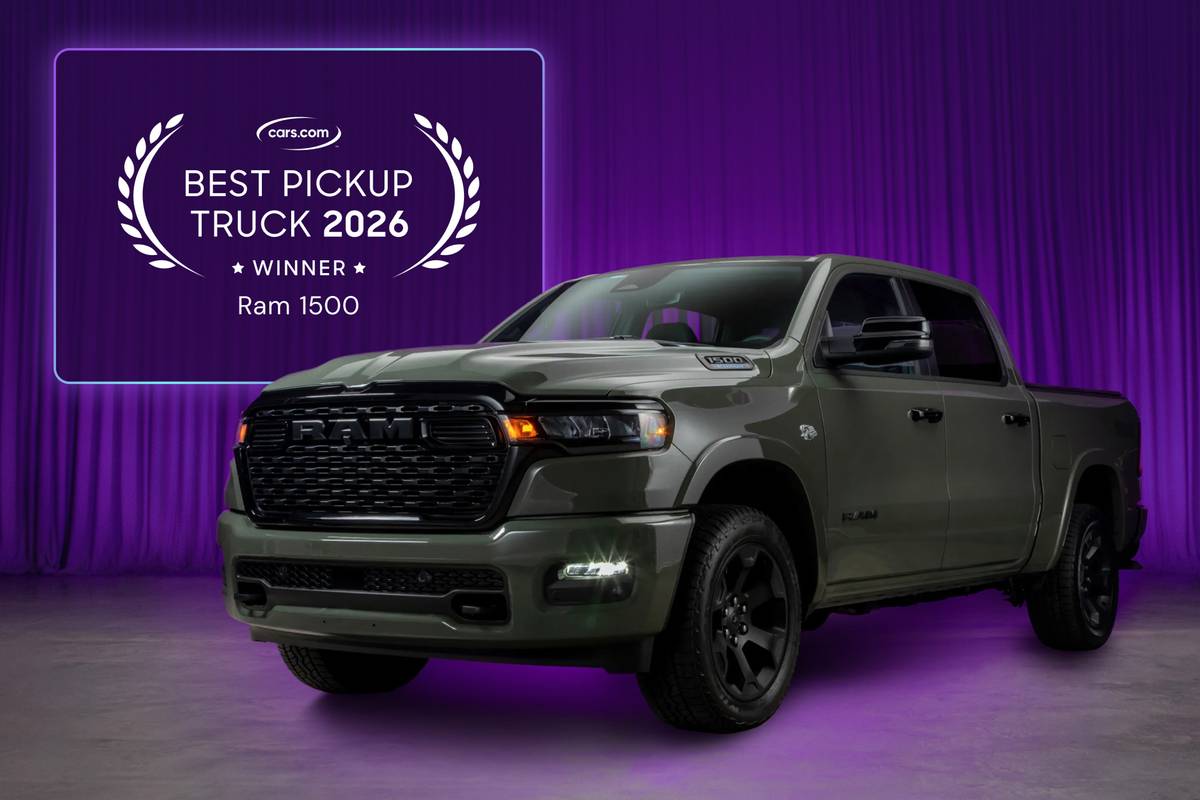Performance With Efficiency: The New Middle Ground?

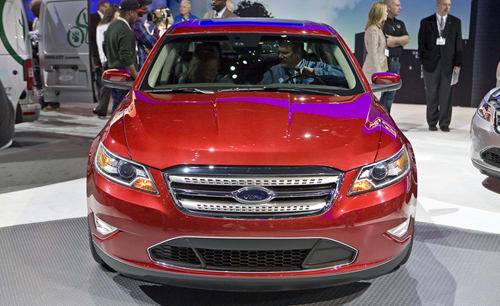
In a crisis-ridden economy, carmakers can no longer count on muscular engines and slick styling alone to win buyers. Tastes have changed: Performance and looks are still important, but gas mileage, value and practicality figure in more than ever, experts say. Even as pump prices have thawed below $2 a gallon, car buyers haven’t swarmed the trucks and SUVs they spurned all summer. (Then again, they haven’t exactly swarmed anything.)
Gas mileage remains top of mind. This January, the Washington, D.C.-based Consumer Federation of America commissioned a study that found that despite sub-$2 gas, drivers on average still want 20 percent better overall mileage in their next vehicle than their current car gets.
Automakers are scrambling to meet these demands, both in fitting their cars with fuel-efficient technology and getting the word out about it. Take three popular Fords: the Mustang, the F-150 and the Escape. In the 2005 model year, overview-type press releases for all three pointed out performance or power a total of 17 times; fuel efficiency was promoted just seven times. For the 2009 model year, the releases hit on performance 19 times and efficiency 30 times. It’s a telling — if unscientific — example, especially considering two of those three models also saw a notable mileage improvement over that period.
Don’t count performance out, though — buyers still want it, just not at the expense of efficiency.
“I think people are looking for both [performance and efficiency],” Ford’s Derrick Kuzak said during the Chicago auto show. Kuzak, product-development head at Ford, said the automaker’s EcoBoost initiative — essentially downsizing engines for better efficiency but adding turbochargers to make up the lost performance — is one way to satisfy both ends.
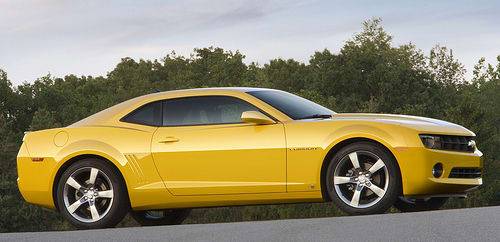
Over at GM’s stand, Chevrolet general manager Ed Peper echoed the mantra: Buyers want better fuel efficiency, but won’t take it at the expense of performance. He pointed to Chevy’s forthcoming Camaro, whose 304-hp V-6 is projected to get an EPA-estimated 27 mpg on the highway. Even as gas prices wane, consumers remember last July’s $4.11 national average – the highest price ever for a gallon of 87-octane unleaded, according to AAA.
“What we saw last summer and into the fall was the wildest,” Peper said. “Miles per gallon is very important. I don’t think there’s ever going to be a time going forward where fuel economy will not be important.”
Car shoppers remember the sting well. Hyundai USA chief executive John Krafcik gave one example: Prior to the summer spike, sales of the Sonata sedan were split roughly 80/20 between the four-cylinder and the V-6. During the spike, share for the V-6 model dropped into the single digits. Ever since, however, it hasn’t gone much beyond 10 percent.
“Consumers still remember fuel prices,” Krafcik said, and in this economy affordability is a must — so the $19,000, 30-plus mpg midsize sedan is hugely important.
“There really isn’t any sense to me in offering a really super-high-performance version of that [family sedan] anymore,” Krafcik said. “Do people really want that 270-hp V-6? No.”
But they still want design, he said: “Design, in the end, will be — if not specifically stated — the No. 1 reason people choose a car.”
Back at Ford’s stand, independent auto analyst Erich Merkle said nearly as much: “I don’t think you’ll ever get away from styling and performance” as consumer draws, he said.
When gas was $4 a gallon last summer, car buyers were willing to compromise on everything for the sake of mileage, Merkle said. The market hasn’t gone back there. Instead, buyers will want a balance of fuel efficiency, value, styling and performance. That’s a marked change from five or six years ago, he said, when size, luxury features and performance ruled the day.
Conventional wisdom says more power comes at the expense of gas mileage, but advanced drivetrain technologies, lighter materials and better aerodynamics seem to keep automakers ahead of the curve: Popular cars in every segment, from the Escape to the Toyota Prius, are quicker but more fuel efficient with every redesign.
“It’s going to be about smart engineering,” Merkle said. “It’s not going to be about cubic inches.”

Former Assistant Managing Editor-News Kelsey Mays likes quality, reliability, safety and practicality. But he also likes a fair price.
Featured stories
